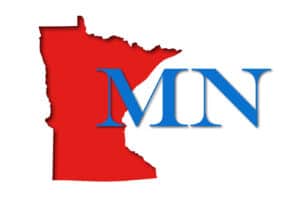A recent memo from the Ben Metcalf, Deputy Assistance Secretary for Multifamily Housing at HUD outlines three changes to its transformation plan:
- Retaining Multifamily staff in Minneapolis and Baltimore. These offices will provide additional geographic coverage and support for critical Multifamily work in the New York and Chicago regions, the two largest regions in terms of staff and workload in the future state model. The Minneapolis office will be a satellite of the Chicago Hub and the Baltimore office will be a satellite of the New York Hub. Minneapolis plays an important role in the region’s submarket, especially in supporting cooperatives for the elderly, and has a high volume of work in Asset Management, ranking second to Chicago in the region. Baltimore provides additional geographic coverage in Federal Region III and has the largest Production workload of the four current hubs in the future New York region. MFH will reopen the preference survey next week to enable employees to select their top four relocation preferences among the twelve future state offices, including Minneapolis and Baltimore.
- Augmenting our travel budget to ensure staff can perform site visits related to certain ongoing business activities, such as assessing unusual environmental conditions, servicing troubled assets, or participating in interagency preservation activities in locations where Multifamily offices are being consolidated. We will be requesting that Congress formalize this budget allocation in its annual appropriations, thereby ensuring that the staff can make these visits a regular and continuing part of its services to you.
- Training one Field Policy & Management HUD staff member in each consolidating location to ensure that we sustain our close ties to our communities, lenders, and other stakeholders as HUD Multifamily staff relocate. These liaisons will facilitate close communication with Multifamily staff in the Hub and satellite offices.
The U.S. Department of Housing and Urban Development is undertaking a series of restructuring and systemic changes within its Office of Multifamily Housing Programs and also realigning its field structure. These changes will transform HUD for the 21st century.



